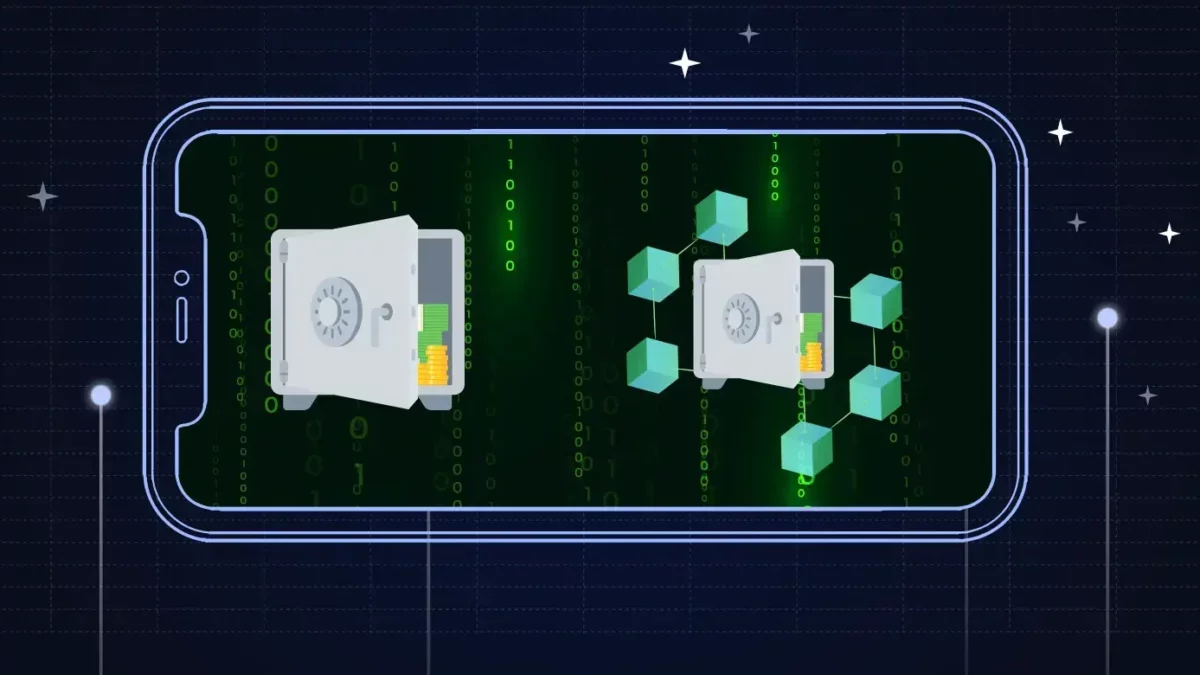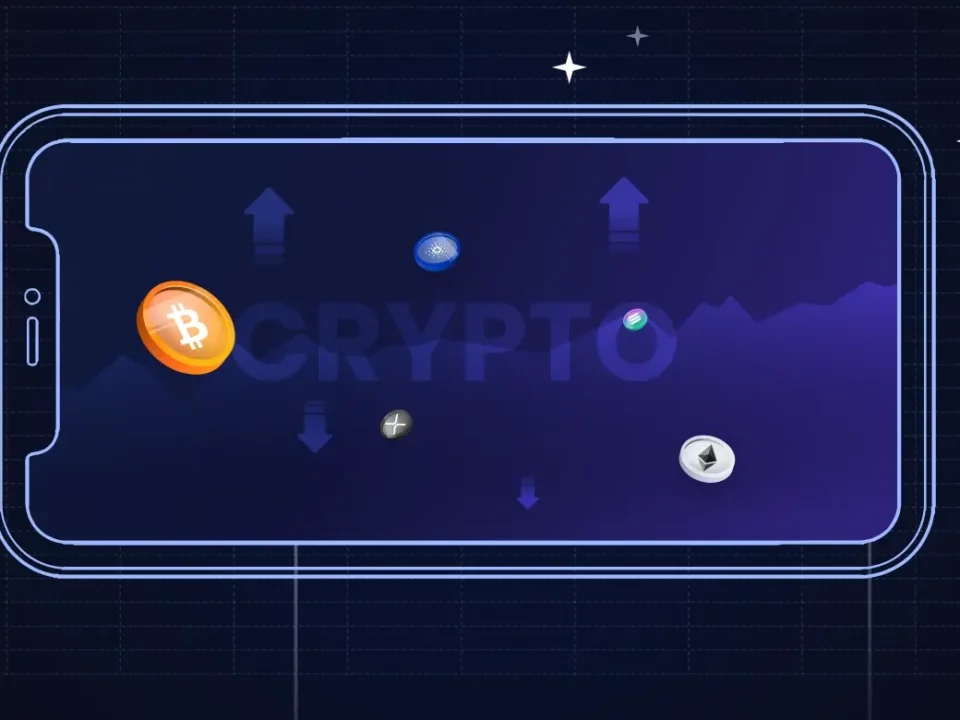Table of Contents
ToggleIntroduction
The Original Consensus Mechanism
Before diving into the topic, let us take a quick scan of the first consensus mechanism that came to being with Bitcoin. Utilizing a decentralized blockchain network, PoW consensus involves worldwide nodes engaging in computational tasks.
Bitcoin employs this method, necessitating users to commit its processing power to puzzle-solving.
Miners, who help in executing the nodes, validate data blocks through cryptographic puzzles, expanding the blockchain. In exchange for their efforts, miners earn Bitcoin rewards and proceed to the next transaction. However, despite energy concerns, PoW maintains network security and stability.
Read More: Proof of Work vs Proof of Stake
Unveiling the Power of Proof of Stake (PoS)
The Benefits of PoS
- Energy Efficiency: PoS significantly reduces the energy consumption associated with PoW, as it eliminates the need for resource-intensive computations.
- Decentralization and Accessibility: PoS makes it easier for a broader audience to participate in network maintenance, as the barrier to entry is lower. This enhances decentralization and prevents the centralization of mining power.
- Security: Since validators have a financial stake in the network’s stability, they are economically incentivized to act honestly and protect the network from attacks.
- Scalability: PoS networks can process transactions more efficiently and at a larger scale, making them a promising choice for applications requiring high throughput.
Weighing the Drawbacks
- Initial Distribution: A potential challenge lies in the initial distribution of tokens, which can influence the concentration of power among a few stakeholders.
- Nothing at Stake Problem: Some critics argue that PoS could suffer from the “Nothing at Stake” problem, where validators could potentially validate multiple competing chains during network forks.
Unpacking Delegated Proof of Stake (DPoS)
The Advantages of DPoS
- Efficiency: DPoS streamlines the consensus process by limiting the number of validators, enabling quicker transaction processing and reducing the risk of network congestion.
- Enhanced Governance: DPoS allows token holders to vote for delegates, giving them a voice in the network’s decision-making process.
- Faster Consensus: With a predefined set of validators, DPoS can achieve consensus faster, making it suitable for applications requiring real-time transactions.
Considering the Challenges
- Centralization Concerns: Critics argue that DPoS networks can become centralized if a small group of powerful delegates garner significant voting power.
- Vulnerability to Collusion: The possibility of collusion among delegates could compromise the network’s security and decentralization.
7 Different Types of Consensus Algorithms
Now that we have deep dived into the two most talked about consensus mechanisms at the moment, here is the list of all the consensus mechanisms available in the crypto space:
- Proof-of-Work
- Proof-of-Stake
- Delegated-Proof-of-Stake
- Nominated Proof-of-Stake
- Proof-of-Authority
- Proof-of-Time
- Proof-of-Validation
Which is better: PoS vs DPoS?
Difference between Proof-of-Stake (PoS) and Delegated Proof-of-Stake (DPoS) consensus mechanisms?
| Proof of Stake | Delegated Proof of Stake |
| In PoS, validators (also known as “forgers” or “minters”) are selected to create new blocks and validate transactions based on the number of crypto tokens they hold and “stake” in the network. The more tokens a validator stakes, the higher their chances of being chosen. | In DPoS, token holders vote to elect a smaller group of delegates (also known as “witnesses” or “block producers”) who are responsible for creating new blocks and validating transactions on behalf of the entire network. |
| Validators take turns creating new blocks and validating transactions. The selection process is usually based on a randomization algorithm that considers the validators’ stake. | Delegates in a DPoS network take turns producing blocks in a predefined order. This deterministic approach speeds up transaction processing and reduces the risk of network congestion. |
| PoS is more energy-efficient compared to Proof of Work (PoW), as it doesn’t require the resource-intensive computational calculations that PoW mining entails. | DPoS is known for its efficiency in transaction processing and consensus, making it suitable for applications requiring faster confirmations. |
Real-World Applications and Future Implications
Conclusion
Related posts
Understanding the Different Types of Cryptos: Coins, Tokens, Altcoins & More Explained
Explore the major types of crypto assets and their unique roles.
Read more
PAWS Telegram Game: The New Tap to Earn Game That Is Beating Hamster Kombat
Discover how to play and earn with PAWS Telegram game.
Read more


